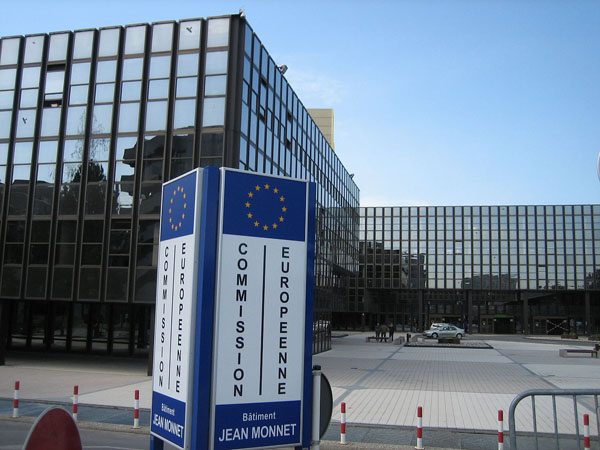The EU’s institutions have experienced a further tectonic shift that can enhance and at the same time disrupt the most original elements involved in the process of European integration: the Commission. In proposing Spitzenkandidaten for the presidency of the European Commission, the European Parliament and its main political families have made a bid for power using their interpretation of the Lisbon Treaty. Art. 17.7 of the Treaty on European Union says that the European Council must make a proposal to the European Parliament ‘taking into account the election results’, which does not exactly correspond to the most voted list. But most of the heads of state and government have accepted this, although after the elections of May 22-25 they have had some doubts. Finally, with the UK’s David Cameron and Hungary’s Viktor Orbán voting against, they decided to nominate Luxembourg’s Jean-Claude Juncker, of the Christian Democratic family, whose European People’s Party come out in the lead in the euro elections. On 16 July the European Parliament will have the last word.
This is a complete institutional revolution that will change the internal balance in the EU and politicise the Commission in several ways. To begin with, there will be a political choice that must attempt to combine the dual legitimacy derived from both the people and the States. If confirmed by the European Parliament, Juncker will be more dependent on it, and even on the European People’s Party. But he will not be completely independent of the governments as they will appoint the 27 commissioners who are to accompany him, including the new High Representative for Foreign Policy, although it is Juncker who will distribute the portfolios. Some, like France’s Pierre Moscovici, would also like the next president of the Eurogroup –a position coveted by the Spaniard De Guindos– to be a commissioner with the portfolio united to that of Economic Affairs.
The outgoing president, José Manuel Durão Barroso, has had a very personal style during his term in office. Perhaps Juncker, despite his intentions, will be even more so. Although it is a college and its decisions are collegial, its new president will have an extra democratic legitimacy that the other commissioners do not have. Personalisation also derives from gigantism, from an excessive number of commissioners: one per country. This will be the last time. The following Commission, in 2019, will only have two thirds of the Member States, unless –as there are always exceptions– the European Council changes the rules if the problem arises that the medium- and small-sized countries begin to lose confidence in a system that denies them a permanent presence in the institution. Much will have changed on the day there are less commissioners than Member States. What some are now arguing for is a ‘clustering’ of the college, ie, grouping the commissioners systematically by related portfolios, leading to a more ‘networked’ Commission, more horizontal and less vertical. Some commissioners will be more equal than others, becoming supercommissioners.
As for ideas, Socialist leaders such as Hollande and Renzi had conditioned their support for Juncker to a change in the interpretation of the fiscal compact rules and economic policy to make them more flexible and to even move towards a European investment plan. Germany, where the Social-Democrats are in the government coalition, has supported a certain flexibility, as have other conservative governments, such as Spain’s. It remains to be seen where this will lead. And we shall see what occurs in a European Parliament that is now more complex in its composition and which insists on a legislative programme for the Commission’s next president. In any case, the policy will not be decided by the Commission, which retains a monopoly over legislative initiatives (which the European Parliament still lacks), but by the European Council of Heads of State and Government. It is they, not Juncker, who last Friday established the strategic agenda for the next five years.
The Commission’s greater politicisation is positive in the sense that it brings this essentially bureaucratic institution closer to a more democratic spirit and to the Union’s citizens. But it is an institution that requires, in order to function correctly, an independence that these changes might upset. There are portfolios, such as Competition Policy, which must be strictly independent and which might well be set apart from the Commission.
The EU faces serious challenges: the alienation of its citizens, a chronic low growth and a Euro crisis that has not yet been fully resolved. To tackle them successfully it will be necessary to rely on much more than just a personality like Juncker at the helm of the Commission. It will strongly depend on the governments, especially the German and French, although the latter has lately become somewhat blurred. Meanwhile, London has again become marginalised due to a further mistake of Cameron’s. In this context, Juncker will no to be able to do much if certain important governments fail to provide the impetus.



